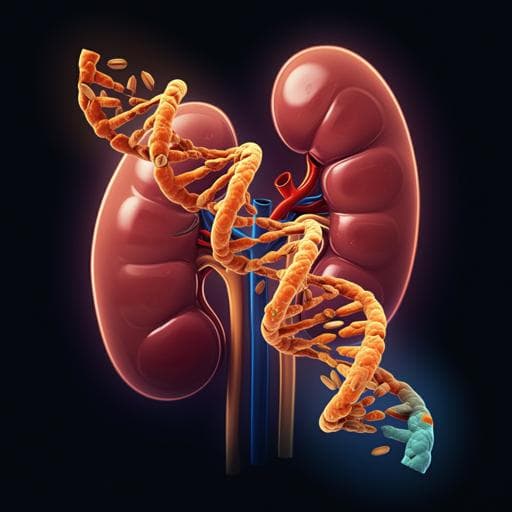
Medicine and Health
Identification of interactions between genetic risk scores and dietary patterns for personalized prevention of kidney dysfunction in a population-based cohort
M. Jang, L. Tan, et al.
This groundbreaking research by Min-Jae Jang and colleagues explores how genetic factors intertwine with dietary habits to impact kidney dysfunction among Korean adults. With insights drawn from over 8,000 participants, the study highlights the potential of personalized nutrition tailored to genetic risk profiles to combat kidney issues.
Related Publications
Explore these studies to deepen your understanding of the subject.







